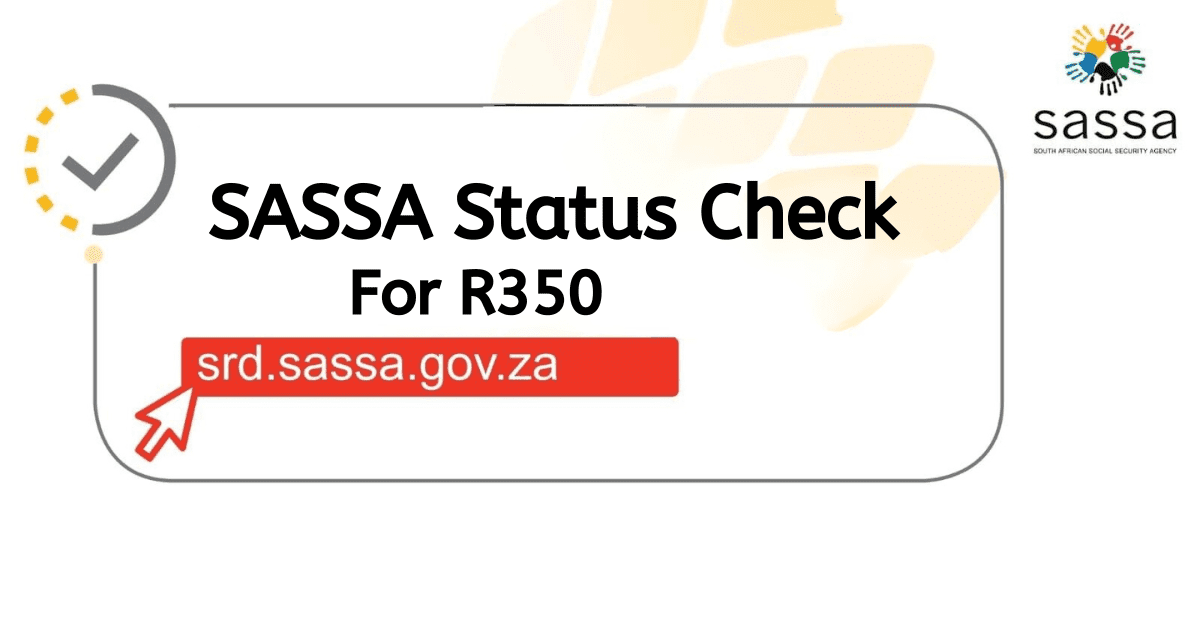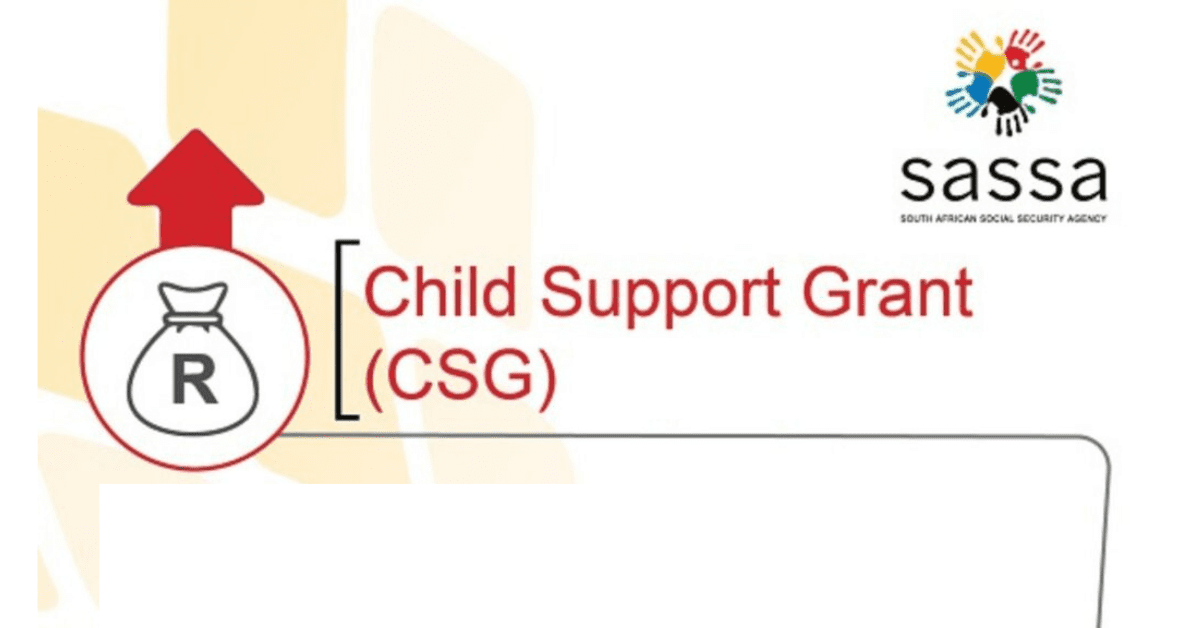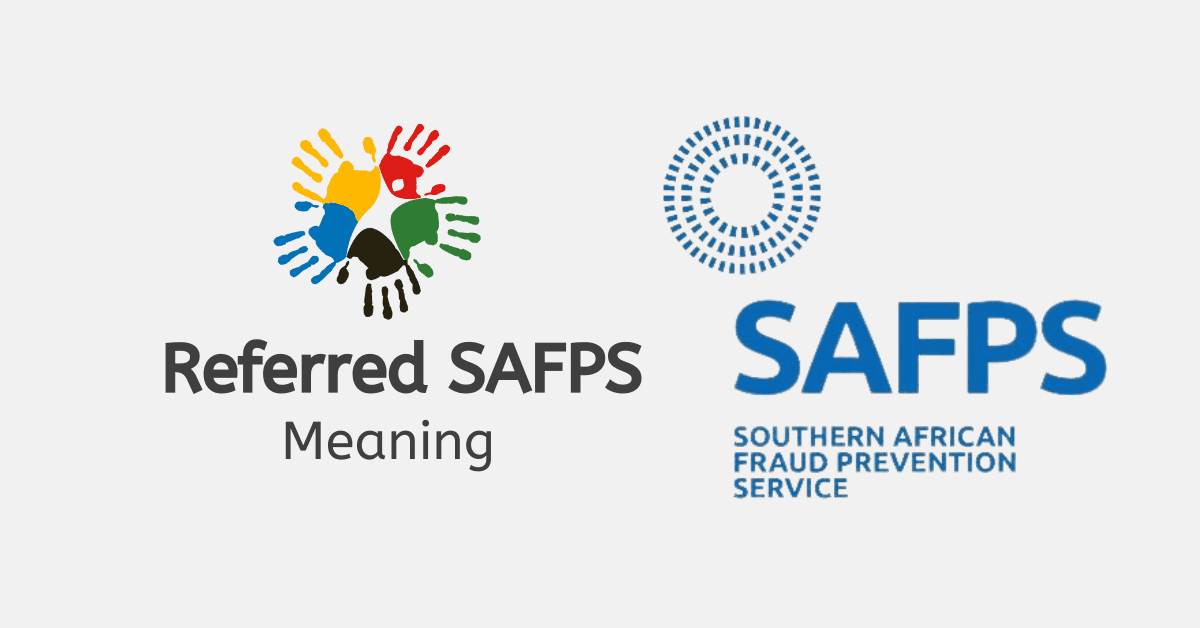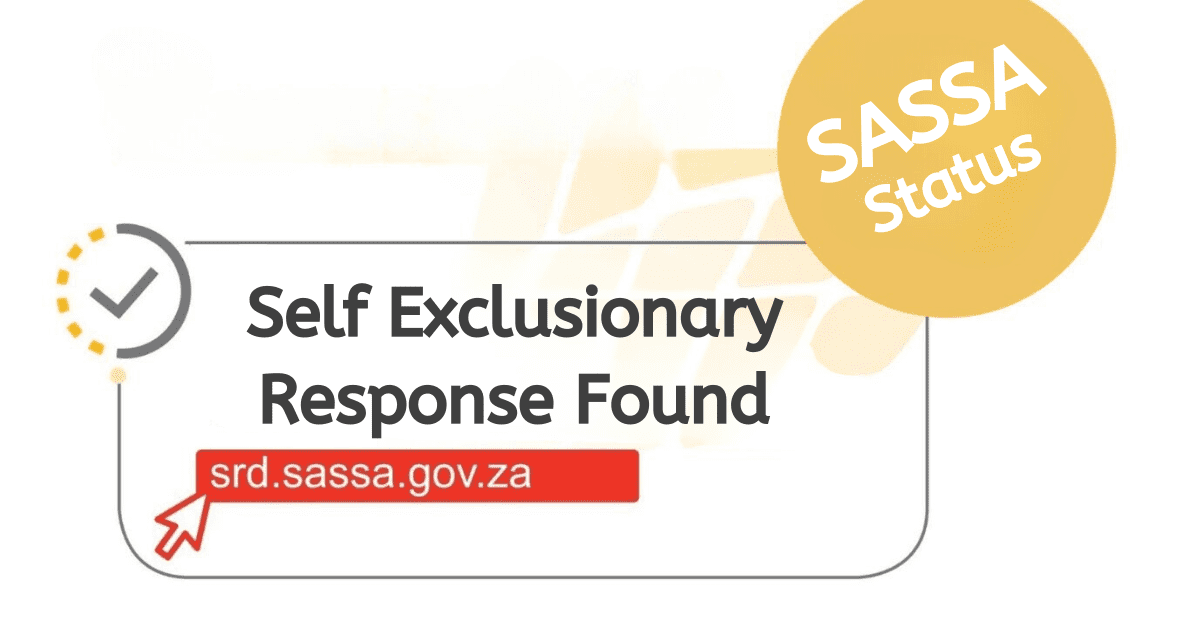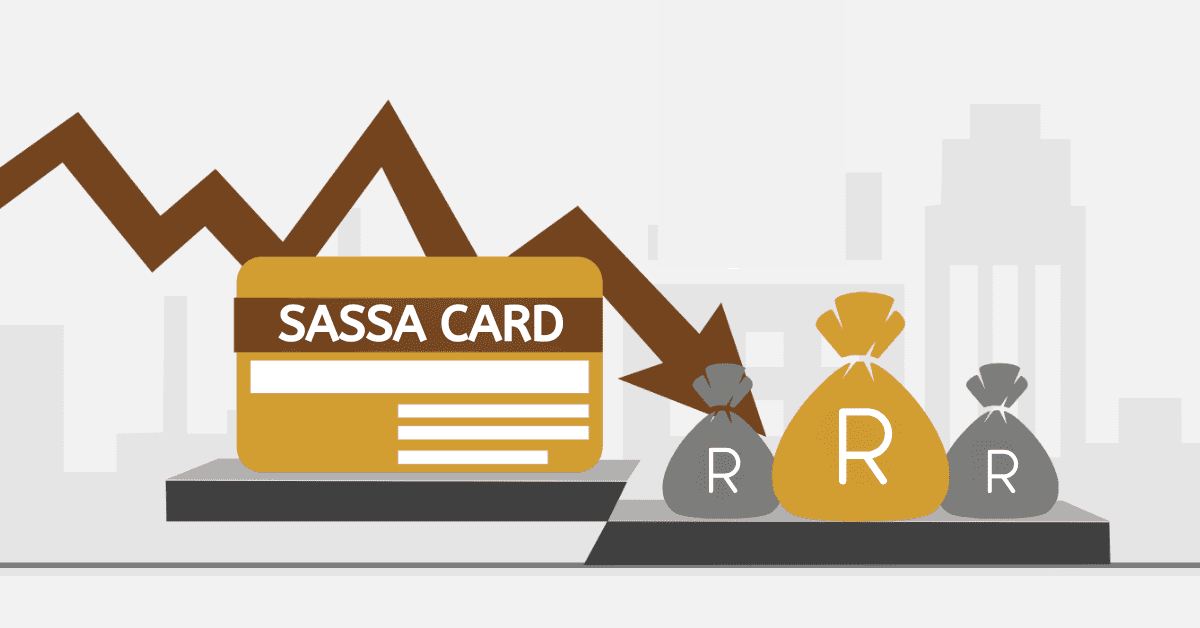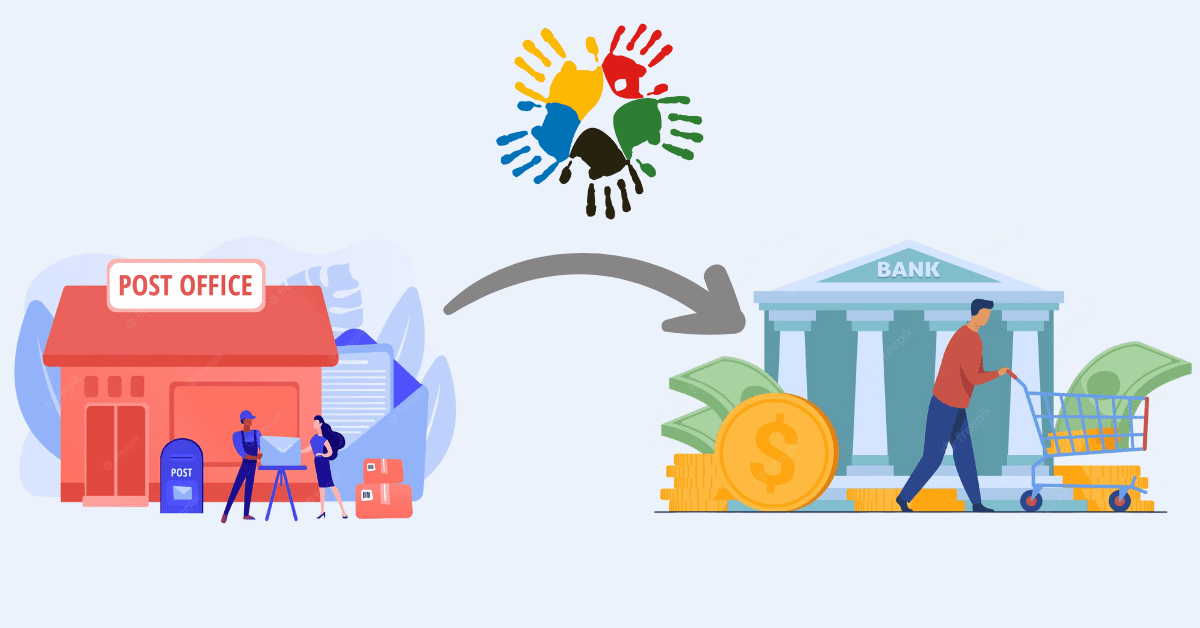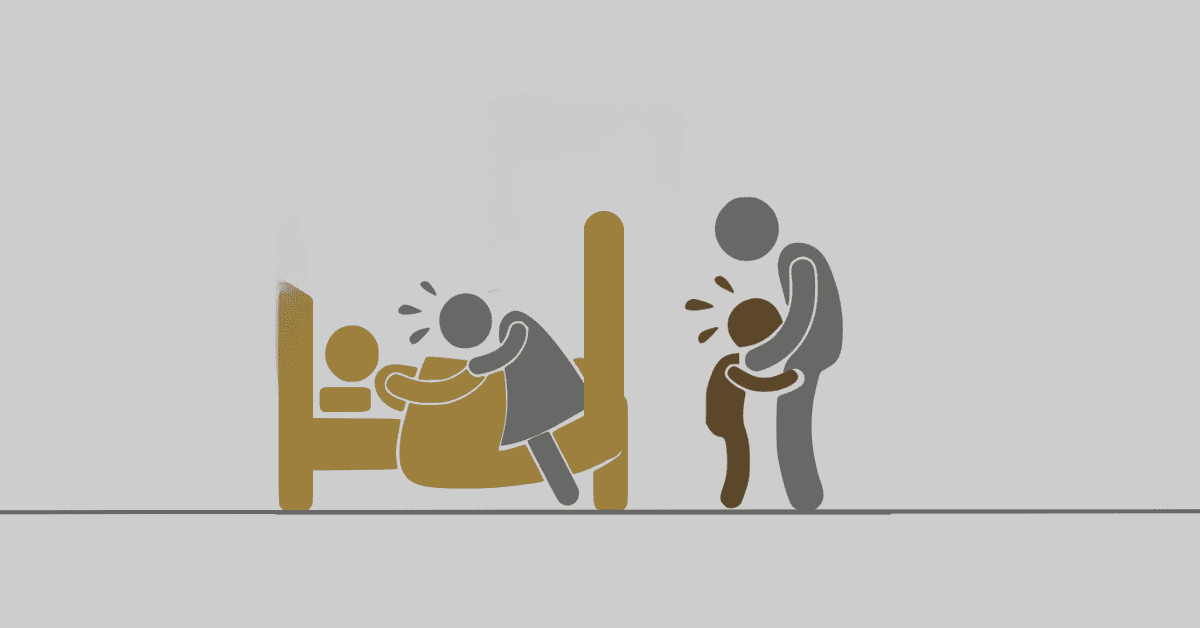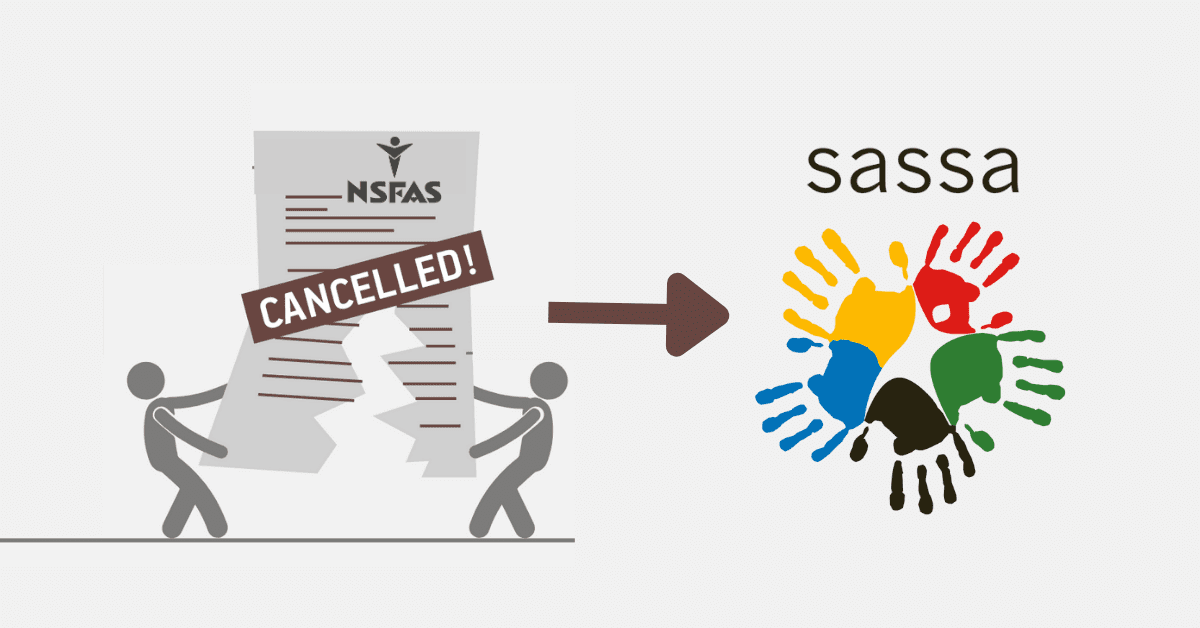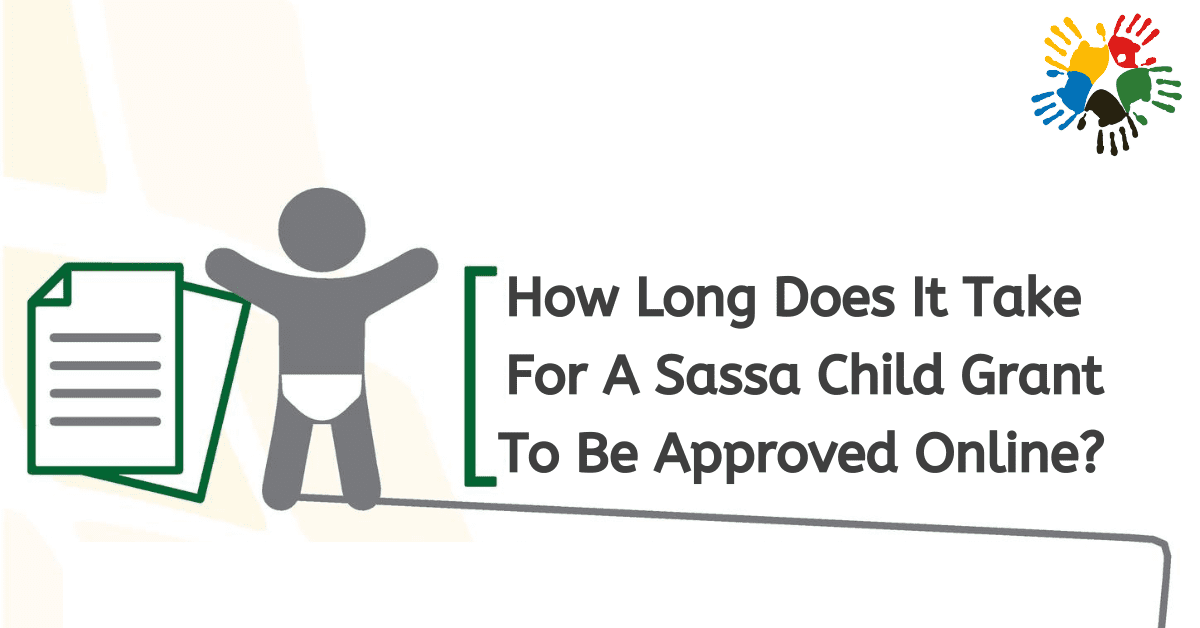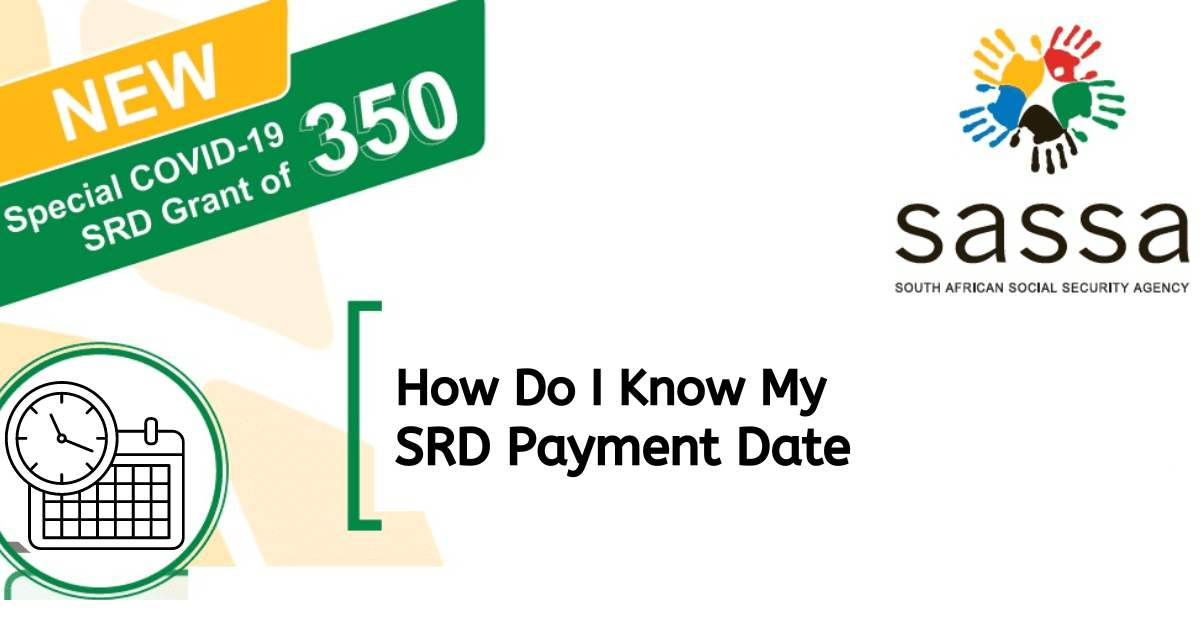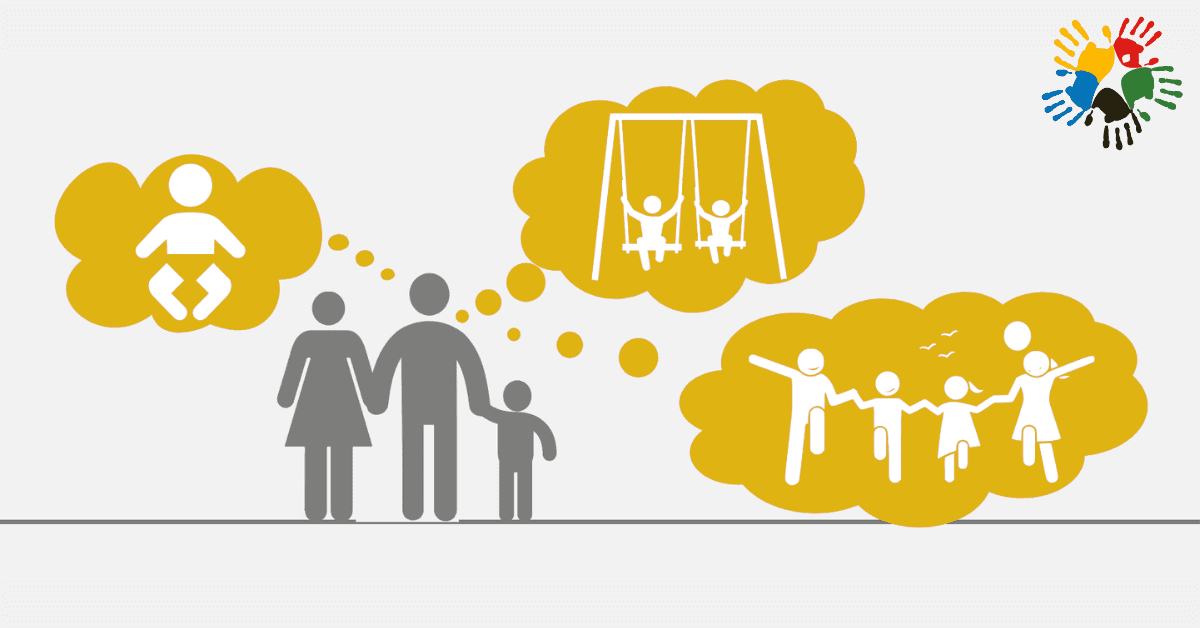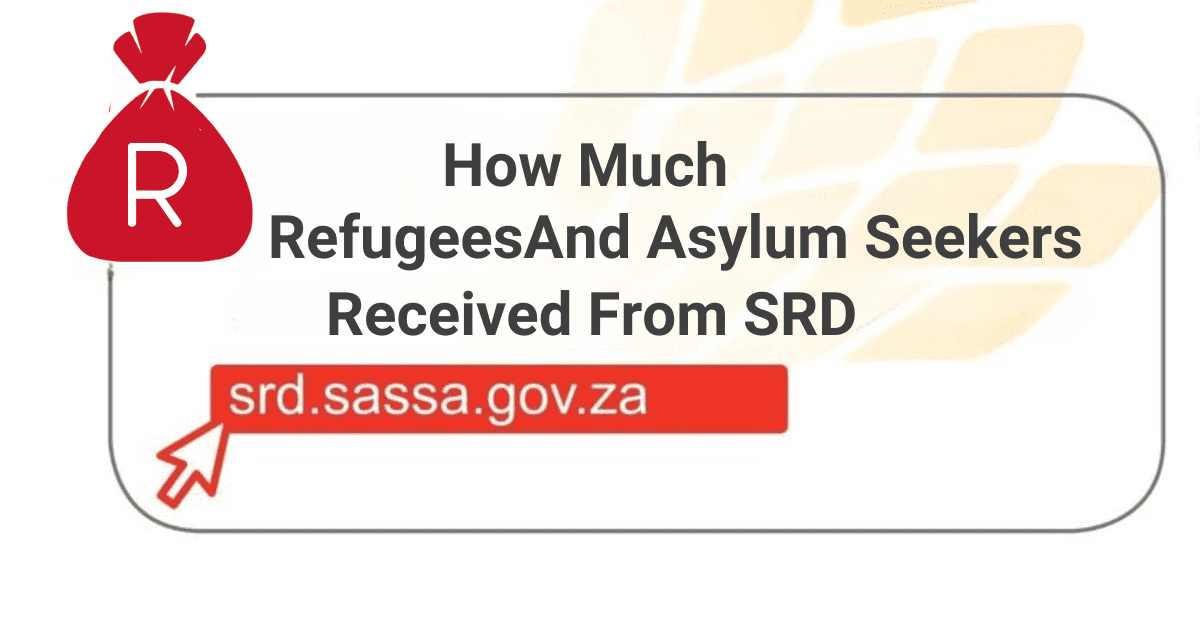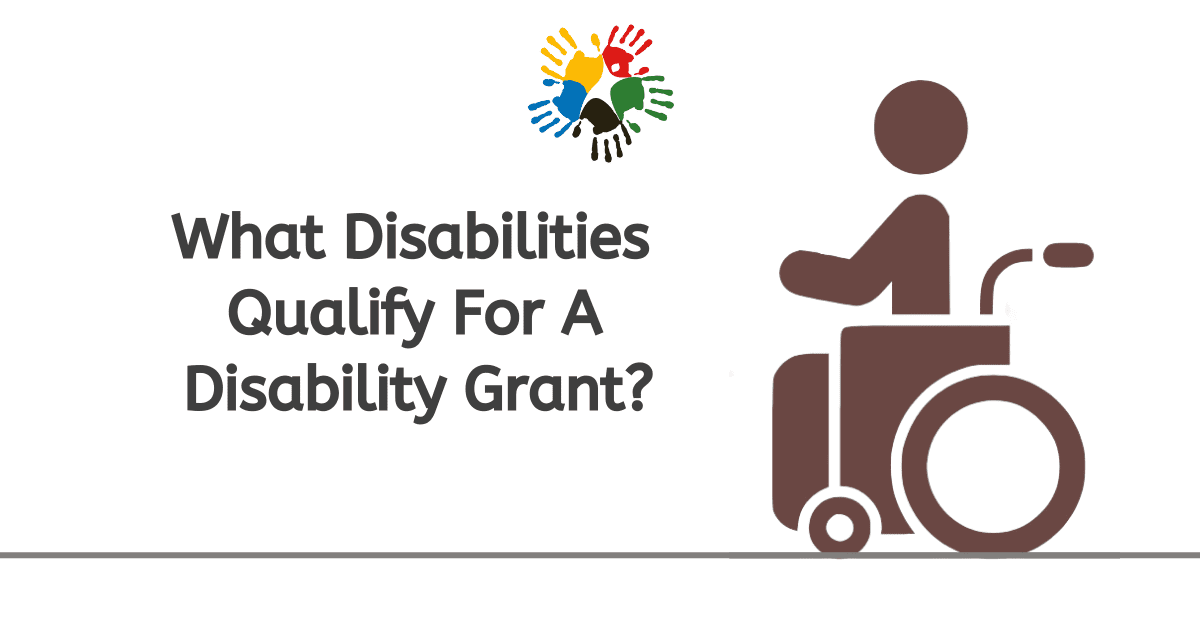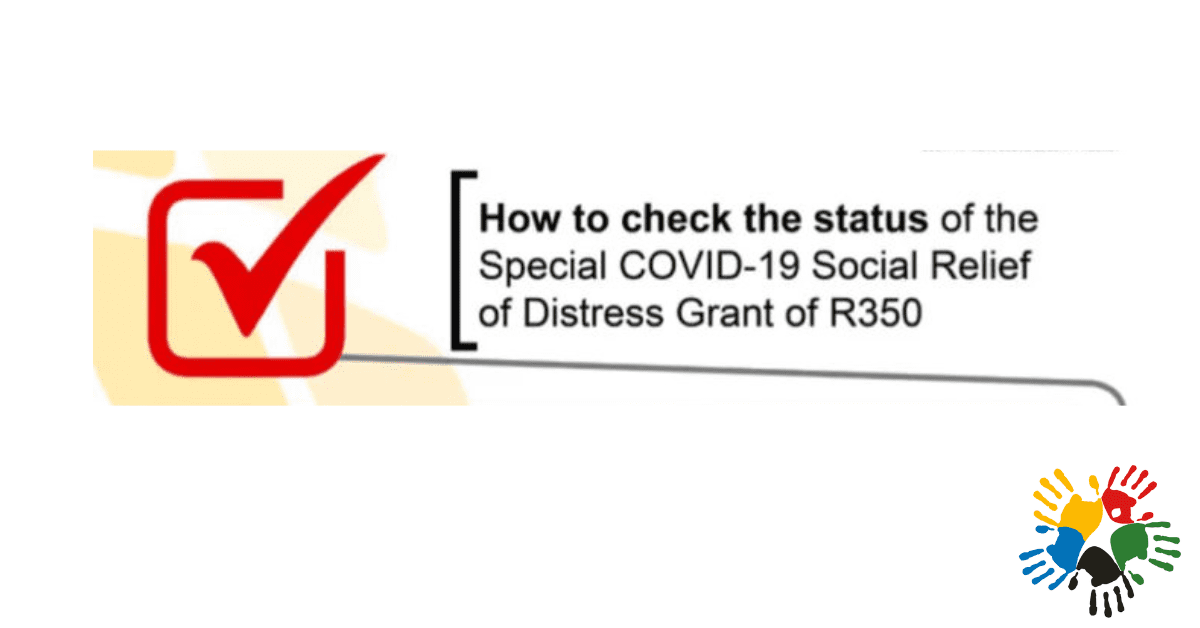If you are facing dire financial circumstances and have no other way to support yourself, the SRD grant, also called the ‘R370 grant’, might be a lifeline you desperately need. It can be very frustrating to have your grant application denied in these circumstances- but luckily, there are some things you can do to appeal the decision and hopefully receive your grant. Here are some common reasons SRD grants are declined and what you can do to fix this.
Reasons Why SASSA SRD Declined My Application
SASSA SRD grants can be declined for a number of reasons. Here are some of the most common and why they occur:
- Alternative Income Source: We look at this in greater detail below, but it means that SASSA believe you have another means to support yourself and, thus, are not eligible for the SRD grant
- Existing SASSA grant: If you already receive a SASSA grant of some sort, you are not eligible to also receive the SRD grant
- NSFAS/UIF/Government Payroll Registered: Again, these three reasons mean that the Social Services Department have identified that you receive money from another government program and thus don’t qualify for the SRD grant
- Age Outside Range: This status means that you are not between 18-60 years of age, which is an eligibility criteria for the SRD grant
- Referred Linked Risk Mobile: This means your mobile phone number is flagged by SASSA as fraudulent, either because the phone is not registered to you or because someone else has fraudulently used your number to apply before and been identified. It does not implicate you in fraud, just the number.
- Referred SA Fraud Prevention Service: This means that your identity has been flagged by the SA Fraud Prevention Service and they believe you are a fraudulent actor, not a person in legitimate need.
If your SRD grant application is declined, you can lodge an appeal to have an independent party re-evaluate your circumstances.
How Do I Fix a Declined SRD Grant?
The first step to fixing a declined SRD grant is understanding exactly why it was declined. To do this, you will need to head to the SASSA SRD website, log in, and see exactly which status has been applied to your account. You can also talk to someone at a SASSA Office or via telephone/digital channels. Now, you can take steps to correct it.
For example, it may have been declined due to incorrect or inconsistent details, an inability to verify your bank account
However, it can also be declined because they believe you do not meet the eligibility criteria for the SRD grant. The most typical flag is when they identify money in your account they believe is income. If they have declined your SRD grant for reasons you believe are unfair, then you can lodge an appeal. You can do this through the same website, heading to the ‘appeals’ section. You will enter your details and receive a one-time pin. Enter this in the indicated space, head to the month you want to appeal, motivate your reason for the appeal, and submit it. It will not be transferred to an independent tribunal that will make the final judgment on your SRD grant.
Why Is My R370 Grant Declined Due To Alternative Income?
The ‘alternative income’ rejection for your SRD/R370 grant means that the SASSA system and its third-party databases (including your bank) have picked up that you have income from a different source coming into your account.
The SRD (Social Relief of Distress) grant was introduced as a temporary measure to provide relief to individuals and households affected by the COVID-19 pandemic. It is now being leveraged into a wider social grant, but still keeps its core property. It is meant to assist those who are unemployed, do not receive any other form of income or social grant, and who do not qualify for UIF benefits. If SASSA believes you have another income method coming into your account- even from intermittent, informal, or part-time work- they will decline the grant.
They look at payments coming into your account, and assess if it counts as income based on the frequency, amount, and source/nature of the payment. Once-off payments should not be considered as income (and may be worth an appeal if they are mistakenly identified), but any indication that you receive a regular amount, or a lump sum intended to live off of, will cause your application to be declined due to alternative income.
How Long Does the SRD Appeals Process Take?
When you appeal a declined SRD grant application (the ‘R370’ grant), the process will not be handled by SASSA themselves. Instead, an independent tribunal will re-evaluate your circumstances and application and make a final decision on the matter. This process will take 60-90 days, and you will be informed (electronically) of the results. When lodging an appeal, make sure you state clearly why you disagree with the initial judgment and provide any supporting documents that strengthen your case. This should help resolve the matter as quickly as possible!
It can be frustrating to be declined for an SRD grant when you are in dire financial circumstances, but luckily you can take steps to address the matter- and now you know how.
